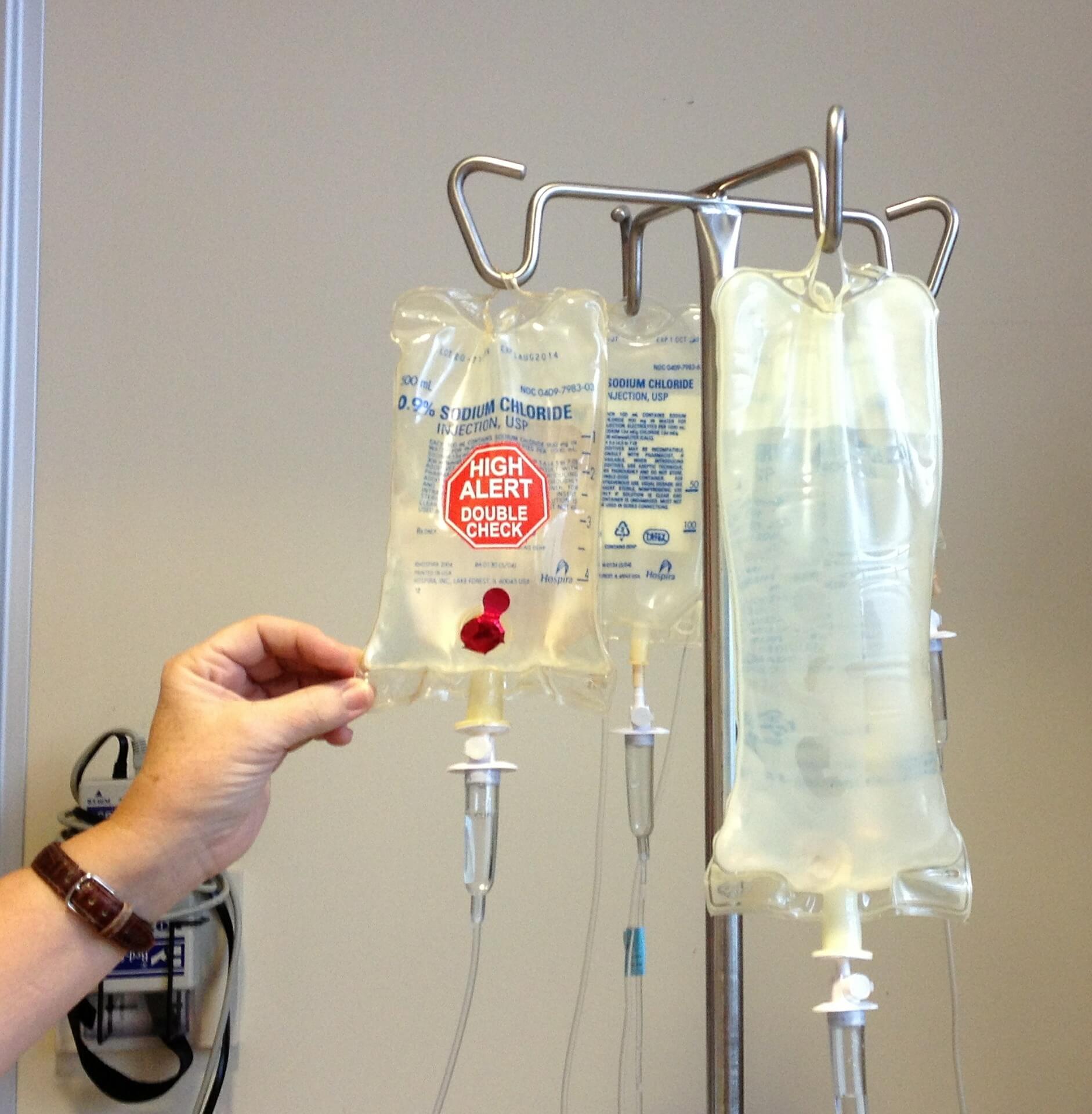
Cholesterol-lowering medicines linked to lower cancer-related deaths in women
According to a study published in the British Journal of Clinical Pharmacology, women with breast cancer, colorectal cancer, or melanoma who take cholesterol-lowering medicines were less likely to die from cancer. According to the analysis, those who took cholesterol-lowering medications consistently were less likely to die from cancer. In Australia, the study included 20-046 women with 11,719 diagnosed with colorectal cancer and 6,430 women who were diagnosed with breast cancer from 2003 to 2013, respectively. Prior to their diagnosis, the women had been prescribed cholesterol-lowering medicines such as statins.
To minimize the amount of low-density lipoprotein cholesterol, also referred to as ‘poor cholesterol in the blood, lipid-lowering medications, such as statins, are used.” If this inverse adherence-response relationship is confirmed, cholesterol-lowering medications — primarily statins — could be repurposed as adjuvant therapy to improve cancer prognosis,” said co-author Jia-Li Feng, BMed, MMed, Ph.D., of QIMR Berghofer Medical Research Institute.
Medications of interest in this study included hydrophilic statins, which are mainly absorbed by the liver, and lipophilic statins, which are taken up by various tissues in the body. Some examples of hydrophilic statins are Pravachol (pravastatin) and Crestor (rosuvastatin), while Lipitor (atorvastatin), FloLipid (simvastatin oral suspension), Zocor (simvastatin), and Lescol (fluvastatin) are lipophilic statins. Follow-up was conducted from one year after the cancer diagnosis until death or the end of the study in 2015, whichever occurred first.
At one year, adherence to lipid-lowering medications was similar to adherence before cancer diagnosis, with an average of 82%. Each 10% increase in one-year adherence to these medications was linked with an 8% reduction in mortality in women with breast cancer, an 8% reduction in mortality in women with colorectal cancer, and a 3% reduction in mortality in women with melanoma.
Adhering to lipophilic statins resulted in greater reductions in cancer-specific mortality compared with hydrophilic statins, although this was not significant in melanoma.


















